European agro-producers won’t be able to compete if the country is admitted to the bloc, the deputy agriculture minister says
Ukraine’s admission to the EU could be perilous for the bloc’s agricultural sector, Warsaw’s deputy agriculture minister, Michal Kolodziejczak, told Polish broadcaster RMF FM on Saturday. His comments came in response to this week’s decision by the European Council to open accession talks with Kiev.
According to Kolodziejczak, Ukrainian farmers would create too much competition to the bloc’s established agricultural producers.
“The Ukrainian agriculture sector could destabilize food security in any EU country. If we want this, we should immediately open our doors [to Ukraine] and say, ‘We are shutting down our agricultural enterprises because their work will no longer make sense,’” he said. The deputy agriculture minister explained that Ukraine’s farming sector is simply too large and would flood the bloc with its products, leaving Polish and other European farmers out of work.
“Ukrainian agriculture is dominated by about 95 farms. Those are holdings which control half of the country’s farming lands… Within the current political and economic framework, [Ukraine’s admission”] would work against Polish farmers and Polish entrepreneurs,” he warned.
Kolodziejczak said that if Ukraine is admitted to the EU, preventive measures should be introduced to protect the interests of local farmers.
“We must respect our interests, as, for example, Germany did when Poland joined the EU. At the time, the labor market for Poles was frozen for eight years. Today, we could suggest that agricultural products from Ukraine – both fresh and processed – would be prohibited from entering Poland, for example, 20 years after Ukraine joins the EU.”
Read more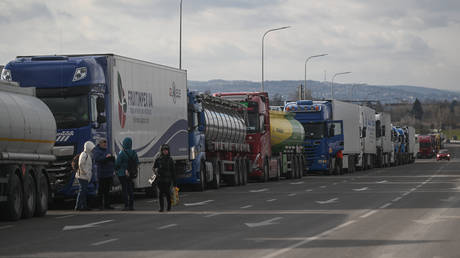 Poland-Ukraine crossing blocked just hours after reopening
Poland-Ukraine crossing blocked just hours after reopening
Ukraine and Poland have been at odds for the past several months due to a grain dispute between the countries. The conflict stemmed from Poland’s decision earlier this year to place an embargo on Ukrainian grain and only allow its transit through the country. This came amid a massive influx of cheap agricultural products from Ukraine over the past year after Brussels eased import rules for Kiev to help it export grain amid the conflict with Moscow.
The situation deteriorated further after Polish truckers and farmers started blocking border crossings between Ukraine and Poland in early November, in protest over the EU’s decision to exempt Ukrainian truckers from the requirement to obtain permits to enter the bloc. The protesters argue that measures facilitating Ukraine’s access to the EU market have led to unfair competition and have been driving down the prices of agricultural products in the bloc.
For more stories on economy & finance visit RT's business section

 1 year ago
402
1 year ago
402


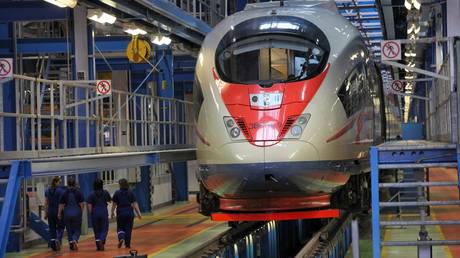
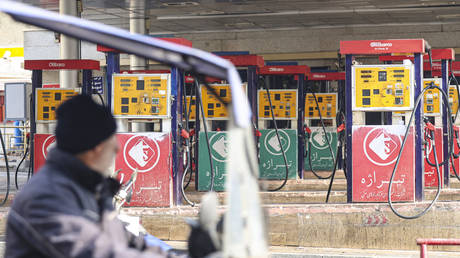
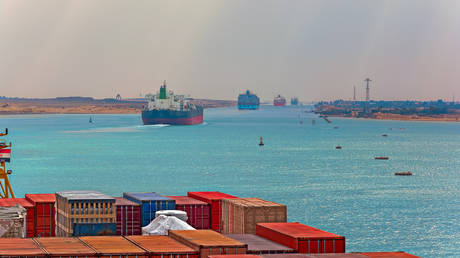
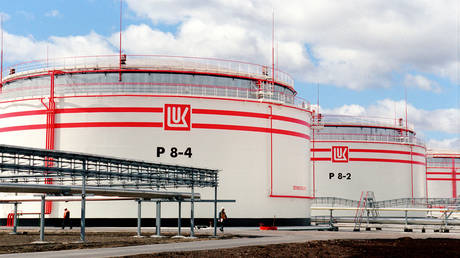
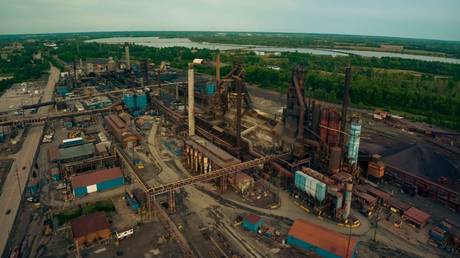

 English (US) ·
English (US) ·